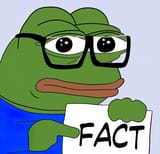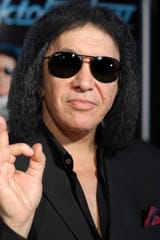>>126890768
>If you require extensive schooling...
You've misread my argument. I never claimed that classical music absolutely requires that to enjoy or understand. In fact, I kind of made the opposite point here
>>126890722 that even in the past, most listeners weren't formally educated, but they still intuitively grasped the music because they were immersed in the tradition. The lack of musical education today matters not because classical is "too hard" for modern people, but because it means there's no longer a shared aesthetic language.
>>classical music is the best because it's the most complex
Again, misrepresentation. When I talk about complexity, I don't mean for its own sake, nor do I think musical quality can be judged solely by it. I'm talking about internal complexity/logic (form, development, harmony, counterpoint) and how these parameters evolved over time within a tradition. Mozart's music can sound simple and immediately attractive on the surface, but is actually structurally complex underneath. So yes, complexity can mean many things, and I'm speaking of the kind that's artistically integrated, not just needlessly convoluted and impossible to understand.
>Why would you need to compare them?
Because pop displaced classical in cultural centrality. We now live in a world where pop is the default musical language, so asking what was lost in that transition is a valid and important question. I'm not dismissing modern music entirely, I'm analyzing the structural differences in function, form, and aesthetic grounding.
>Art should be...
That's not universally agreed upon. You're making a normative claim about art's purpose (ironically, kind of elitist, no?), as if this one narrow criterion applies to all of music history. Art can also serve spiritual, intellectual, ceremonial, or other functions. The assumption that emotional immediacy is the highest standard says more about your own cultural conditioning than it does about art itself.













